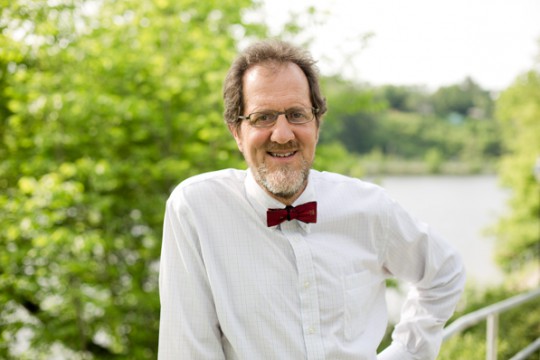
Gilbert Welch, one of the most prominent health care policy researchers in the U.S., has been found guilty of research misconduct following an investigation by Dartmouth College, his employer.
According to documents obtained by Retraction Watch, the material was included as part of a high-profile 2016 paper in the New England Journal of Medicine that reported mammograms were more likely to prompt unnecessary treatment for harmless tumors than save lives.
Welch disputes the findings. To read more, check out our story published today by STAT.
Like Retraction Watch? You can make a tax-deductible contribution to support our growth, follow us on Twitter, like us on Facebook, add us to your RSS reader, sign up for an email every time there’s a new post (look for the “follow” button at the lower right part of your screen), or subscribe to our daily digest. If you find a retraction that’s not in our database, you can let us know here. For comments or feedback, email us at [email protected].
Notwithstanding the fact that we do not have access to the misconduct report, but based on the details provided in the STAT article, am I the only one who finds the response of the NEJM editors to be … less than satisfying?
This whole thing is bizarre. How much real data can you get off a slide? How many words can you plagiarize off of a slide?
Ralph, Plagiarism isn’t just copying someone’s words. It’s using someone’s ideas without giving them credit (academic stealing), which is what the investigation found.
The response by NEJM is more than unsatisfying, where’s the accountability for not following guidelines by the academic community? Once the investigation concluded plagiarism—which universities don’t want to do against a famous professor—and by not retracting, NEJM and the coauthors of the paper found not at fault are engaging in their own misconduct for their benefit.
For those interested in the topic, the en. wikipedia page for “plagiarism” is a must:
https://en.wikipedia.org/wiki/Plagiarism
The definition given here is very accurate, I think:
Plagiarism is the “wrongful appropriation” and “stealing and publication” of another author’s “language, thoughts, ideas, or expressions” and the representation of them as one’s own original work.
Always be very careful with Wikipedia definitions, especially on controversial topics. This page is constantly being vandalized, I suppose by people wanting to bend the definition to not apply to themselves. If you look at the history you see that it is often being reverted.
I would go with Teddi Fishman’s definition (currently given there) or Bela Gipp’s abriged version (that makes my shortening of Teddi’s definition even shorter 🙂
I very much appreciate Laura’s response. Even if the editors of NEJM believe the case to be an instance of an authorship dispute, a finding of research misconduct by the institution should have automatically led the editors to, at the very least, issue an editorial note or a formal expression of concern (EoC; see pg. 166 of AMA Manual of Style and also ICMJE guidelines). Whatever route is chosen, such communication should detail the institutions’ key findings, along with the editors’ own views of the matter. It seems to me that failure to take this or similar action will undoubtedly lead some (see Laura’s point) to wonder about NEJM’s commitment to uphold the highest levels of scholarly and research integrity.